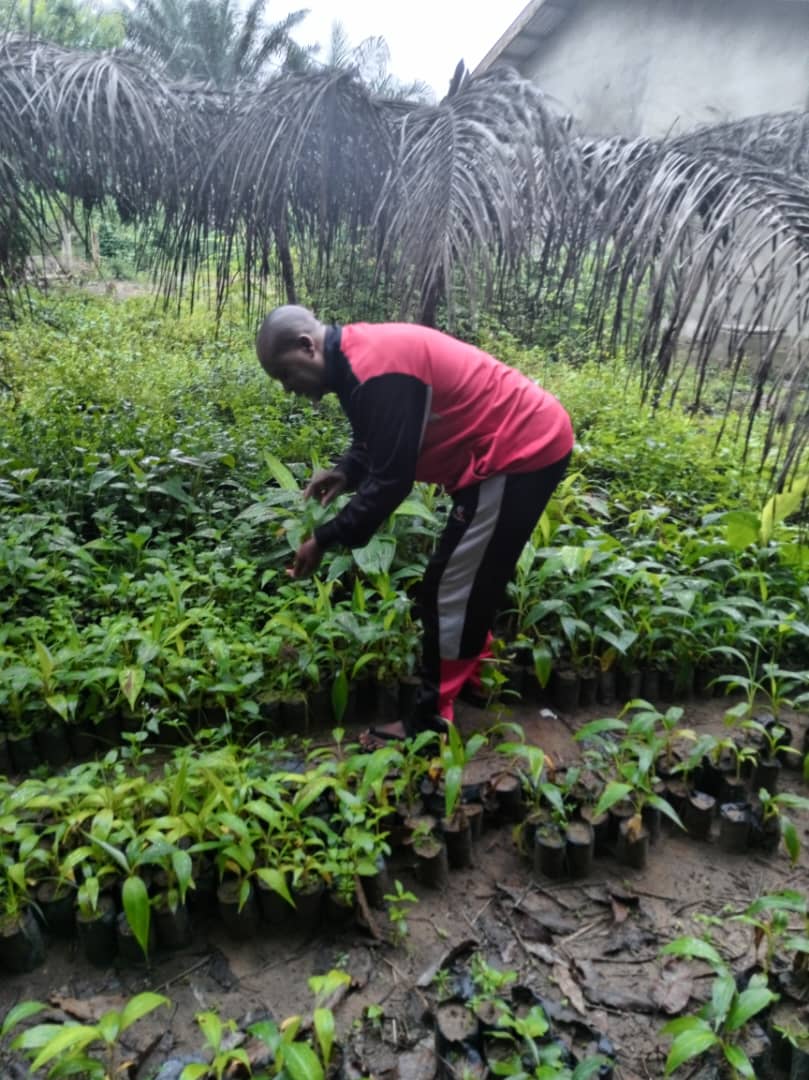AGRICULTURAL ENGINEERING
AGRICULTURAL ENGINEERING
Food technology, Animal Products technology, Crop production technology, Fisheries management, Agro-Pastortal advicer, Agro-Pastortal Entrepreneurship, Agricultural Business techniques Aqua-Culture, Agricultural production technology.
More Information about AGRICULTURAL ENGINEERING
Academic institution dedicated to advancing the science and technology of agricultural production, processing, and sustainability through programs such as diplomas in farm machinery or agri-processing, bachelor’s degrees (e.g., BSc/BEng in Agricultural Engineering, Biosystems Engineering, or Soil and Water Engineering), master’s degrees (e.g., MSc in Irrigation Engineering, Agricultural Mechanization, or Food Process Engineering), and PhDs in Precision Agriculture or Renewable Energy Systems. The curriculum integrates core engineering principles (mechanics, thermodynamics, hydraulics) with agronomic sciences (crop production, soil management, livestock systems), emphasizing hands-on training in farm machinery design, irrigation systems, post-harvest technologies, and bioenergy solutions through laboratory experiments, field projects, and industry collaborations. The school also focuses on cutting-edge innovations like drone-based farming, smart irrigation, automated greenhouses, and AI-driven agri-tech, while offering certifications in GIS for agriculture, agro-waste management, or agricultural robotics. Through partnerships with agribusinesses, research institutes, and governmental agencies, graduates are prepared for careers as agricultural engineers, irrigation specialists, food process technologists, environmental consultants, or research scientists, driving sustainable and efficient food systems to meet global challenges.
The school of Agricultural Engineering was created to solve the pressing needs of young Cameroonians who are engaged in Agriculture taking into consideration that the highest population of Cameroon is made up of farmers and this came as a solution to provide them with skill techniques, innovation and sustainable input in their farming projects, this has helped to increase the production of food and productivity activities within our communities that has to harvest their crops in quantity and of high quality. It is the school that is so close to the community members who solicit to produce more in a small portion of land due to innovative techniques and sustainable technology.
Subscribe To Our Newsletter
Be the first to know about our events and news.
